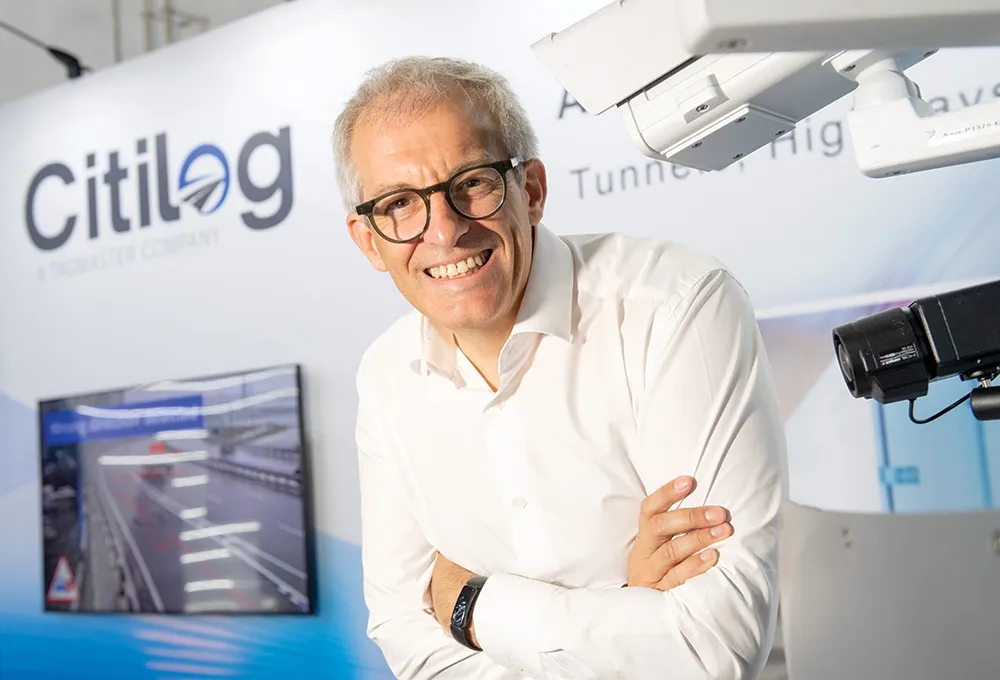PTV Group and its Japanese partner Kozo Keikaku Engineering (KKE) will take advantage of the ITS World Congress in Tokyo to present proposals for real-time traffic solutions, including efficient transportation systems, inter-modality and traffic management.
The greater Tokyo conurbation is the world's largest metropolitan area and, although around 80 per cent of travel is by public transport, subject to notorious traffic congestion.
October 8, 2013
Read time: 2 mins
The greater Tokyo conurbation is the world's largest metropolitan area and, although around 80 per cent of travel is by public transport, subject to notorious traffic congestion.
The two companies are proposing that the PTV Optima modelling tool, which combines offline transport modelling with real time data and algorithms, could provide dynamic traffic projections to identify traffic problems before they arise.
PTV and KKE will also demonstrate artisoc ETE, a software solution which assists city councils in creating evacuation plans to improve their ability to respond to critical incidents. The software simulates and analyses the behaviour of evacuees under disaster situation and provides information about changed traffic conditions.
"By combining our tool with the transportation planning software PTV Visum and the simulation software PTV Vissim, planners can use assignment procedures and micro-simulation to analyse people's route choice behaviour and estimate evacuation time," KKE’s Yusuke Okahira explains.









